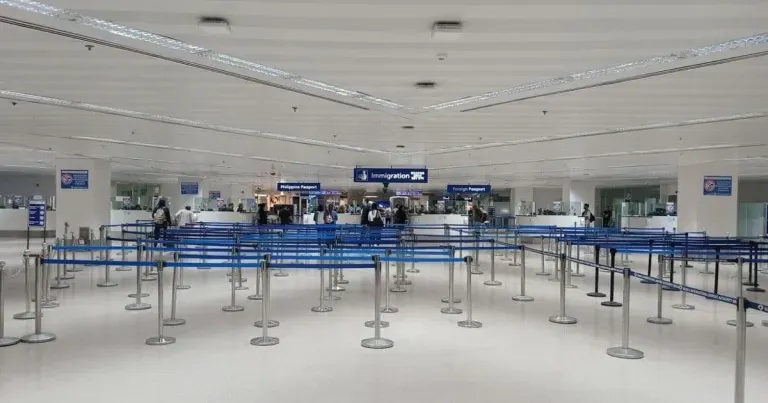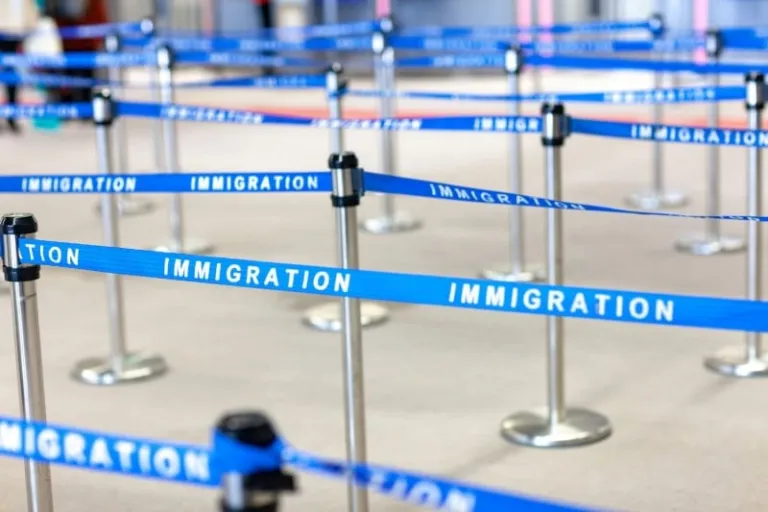Our favourite places to stay on this sleepy Cebu island.
What Do You Need Before Travelling Abroad? Check the New Guidelines Approved by the IACAT

A basic rule of travelling abroad: Make sure you have all your locked and loaded. After all, the last thing you want is to find yourself stuck at the airport and looking at an airplane taking off without you, right? So, it’s always best to be updated on the international travel process and requirements before embarking on your next trip.
The Inter-Agency Council Against Trafficking (IACAT) recently approved a revised list of departure guidelines for Filipinos flying off to an international destination. Keep in mind that the revised guidelines will be implemented starting 3 Sep 2023. (Don’t worry; there are no yearbooks on the list.)
Also read: What It’s Like to Travel Internationally for the First Time — We Asked Filipino Travellers
A checklist of

The newly revised IACAT guidelines include your basic travel requirements: passport valid for at least six months from the date of departure; boarding pass; visa, if required; and a confirmed return or roundtrip ticket.
In addition to this, immigration officers may also ask self-funded travellers to present the following documents:
- Hotel bookings or accommodations
- Proof of financial capacity or source of income
- Proof of employment
If a relative within the first civil degree is sponsoring your trip, you’ll have to prepare an original birth certificate or marriage certificate issued by the Philippine Statistics Authority (PSA). Other requirements include copies of the following:
- Valid passport of your sponsor
- Work visa or permit of your sponsor
- Overseas Employment Certificate for OFW sponsors
For sponsors who fall under relatives up to the fourth civil degree, you must present the following required documents:
- An original notarized affidavit of support and guarantee
- An original PSA-issued birth or marriage certificate that shows the relationship between you and your sponsor
On the other hand, travellers with non-relative sponsors must present a notarized original affidavit of support and guarantee. Immigration officers may also ask for documents that establish the relationship between you and your sponsor.
Also read: Airport 101: A NAIA Survival Guide for First-Time International Travellers
Now that you’re updated with the revised for Filipinos, it’s time to book that flight! Need ideas for your next out-of-the-country destination? Check out our list of underrated visa-free destinations for your upcoming holiday abroad.
Featured image credit: Bureau of Immigration, Republic of the Philippines | Official Facebook Page
Facebook image credit (R): interstid via Canva Pro
Published at
About Author
Celia Grace Nachura
Subscribe our Newsletter
Get our weekly tips and travel news!
Recommended Articles
10 Bantayan Island Resorts, Hotels, and Rentals for Your Tropical Escape 10 Best Mountain Cafes in the Philippines for Your Peak Coffee Experience Coffee date on the mountains, anyone?
10 Family Outing Ideas in Metro Manila Under ₱500 Looking for a weekend bonding with the family under ₱500? Head to these places, pronto!
10 Fun Things to Do in Manila Alone Live your best life in Manila, even when you’re riding solo.
10 Instagrammable Laguna Restaurants and Cafes You’ll Love Elevate your Insta-game at these Laguna spots.
Latest Articles
Dingalan Travel Guide: Nature Spots to Discover Now Underrated coastal gem in Aurora
What to Eat in Bicol: Iconic Dishes and Treats, and Unique Pasalubong You’ll Love Spice up your foodie adventure with iconic Bicol dishes and must-try pasalubong!
Top Travel Trends in the Philippines for 2025 New spots, tips, and trends
New UK Adventure Park to Visit in Devon and Cornwall Fun countryside escape near London
Ultimate Camarines Norte Travel Guide: Waterfalls, Beaches, and More From surfing to secret waterfalls, Camarines Norte is your next escape!

